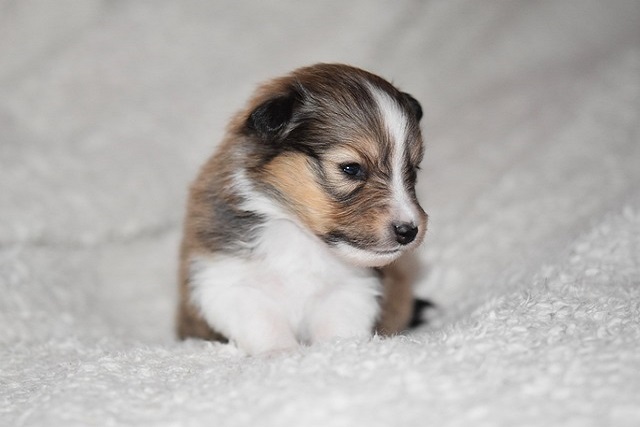
What is basic dog discipline
Let’s be honest – bringing home a furry friend is pure joy, but without clear ground rules, chaos can follow fast. Basic dog discipline isn’t about strict dominance;
Bringing a new puppy home is a whirlwind of excitement and chaos, but one of the most pressing challenges new pet parents face is getting that tiny furball to poo on command. Potty training isn't just about saving your carpets—it's a crucial part of your puppy's health and a legal obligation in many regions. Let's dive into practical, science-backed strategies that blend seamlessly with your daily routine and local regulations.
First things first: understand your puppy's biology. Young pups typically need to relieve themselves after eating, drinking, waking up from a nap, or vigorous play. Their small bladders and digestive systems work on a fast track, so consistency is key. Aim to take your puppy outside every 1-2 hours, especially during the first few months. Remember, leaving a puppy unattended indoors for extended periods not only risks accidents but may also violate animal welfare laws in some areas.
Location matters more than you might think. Many municipalities require pet waste to be disposed of properly, often in designated bags or bins. Choose a spot in your yard or local park that's away from playgrounds, water sources, and public walkways. Training your puppy to use a specific area from the start simplifies cleanup and keeps you compliant with waste disposal ordinances. Some cities even have fines for improper disposal, so keep biodegradable poop bags handy and make it a habit to scoop immediately.
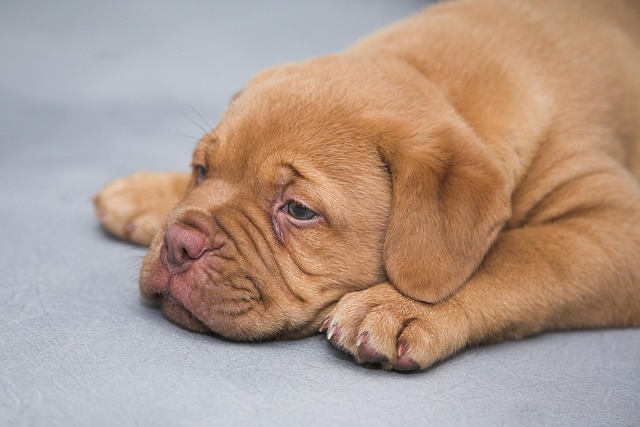 Positive reinforcement is the cornerstone of successful potty training. When your puppy does their business in the right place, shower them with praise, treats, and belly rubs within seconds. Dogs associate the immediate reward with the action, reinforcing the behavior. Avoid scolding accidents; it only creates fear and confusion. Instead, focus on catching them in the act of sniffing or circling—subtle cues that indicate they're about to go—and quickly guide them outside.
Positive reinforcement is the cornerstone of successful potty training. When your puppy does their business in the right place, shower them with praise, treats, and belly rubs within seconds. Dogs associate the immediate reward with the action, reinforcing the behavior. Avoid scolding accidents; it only creates fear and confusion. Instead, focus on catching them in the act of sniffing or circling—subtle cues that indicate they're about to go—and quickly guide them outside.
Diet plays a crucial role in your puppy's bowel health. Sudden changes in food can lead to diarrhea or constipation, making potty training a nightmare. Stick to high-quality puppy food recommended by your vet, and introduce new brands gradually. Ensure your puppy has access to clean water at all times, but monitor intake, especially before bedtime to minimize overnight accidents. If digestive issues persist, consult a professional—undiagnosed health problems can derail training efforts.
For urban dwellers, apartment living adds unique challenges. Many buildings have pet policies that restrict where dogs can relieve themselves, and shared outdoor spaces require extra caution. Consider using a pee pad indoors as a backup, but always aim to transition your puppy to outdoor potty breaks as soon as possible. Some cities offer "pet relief areas" in public parks equipped with waste disposal stations, making it easier to stay compliant while training.
Finally, patience is your best ally. Potty training can take weeks or even months, and setbacks are normal. Every puppy learns at their own pace, and punishing slow progress only prolongs the process. Keep a consistent schedule, celebrate small victories, and remember: each successful trip outside is a step closer to a clean home and a happy, healthy pup.
By combining these strategies with respect for local laws and community standards, you'll not only master potty training but also become a responsible pet owner. Your puppy will thank you with wagging tails and fewer messes, and you'll enjoy the peace of mind that comes with knowing you're doing right by your furry friend—and your community.

Let’s be honest – bringing home a furry friend is pure joy, but without clear ground rules, chaos can follow fast. Basic dog discipline isn’t about strict dominance;
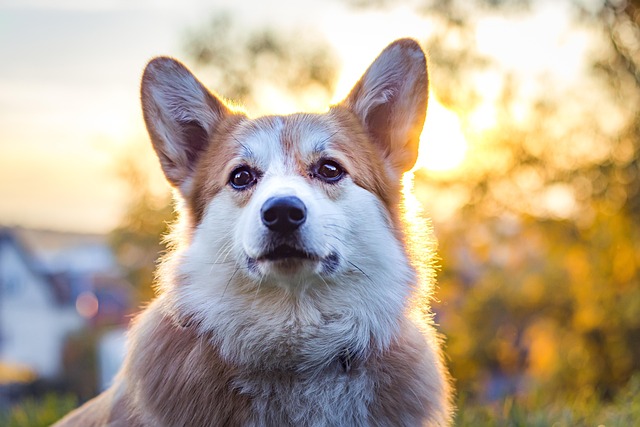
That cherished rug shredded. The door frame gnawed beyond recognition. Your once perfectly house-trained companion is suddenly causing chaos,
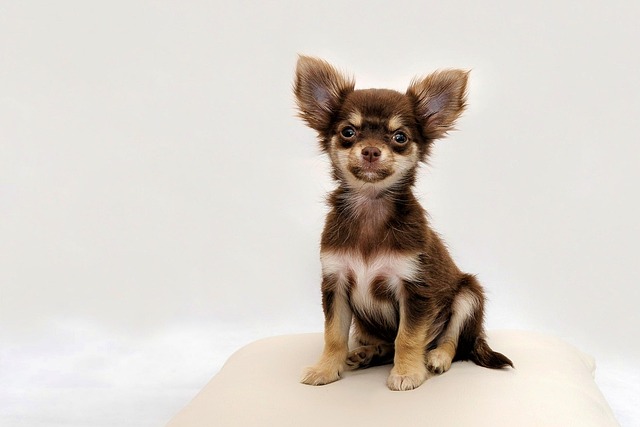
If you’re scrolling through this article, chances are you’re eyeing a Sheltie puppy or already have one wreaking “cute havoc” at home.
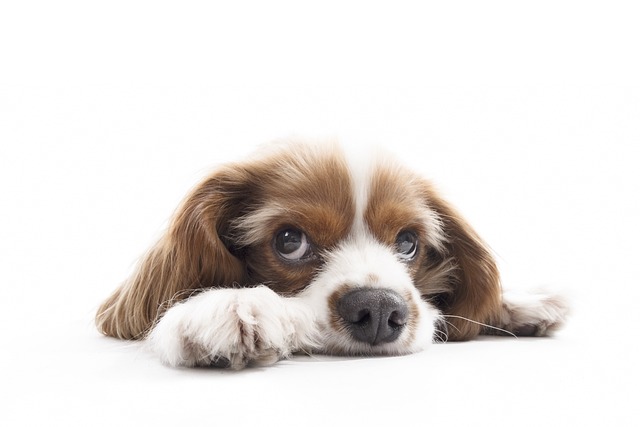
You've chosen a pup with fire in its eyes and wilderness in its blood – that instinctive drive to hunt is why we love our bird dogs and retrievers. But timing is everything when shaping that raw potential.
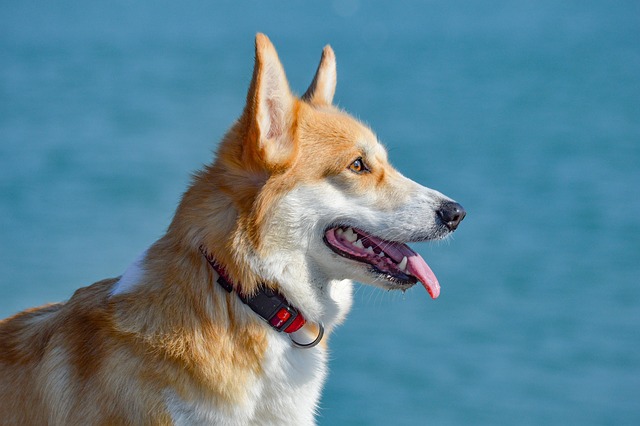
There’s something primal about watching a black wolfhound move through the mist-draped woods at dawn—the way their lean silhouette cuts through the grey light, muscles coiling like springs beneath that midnight coat.
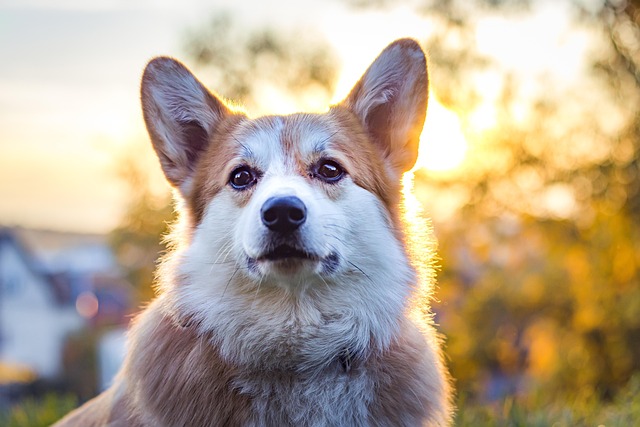
If your dog ignores your command until they hear the clicker, treating it like a magic button for treats. While clicker training has perks, it’s not without flaws.